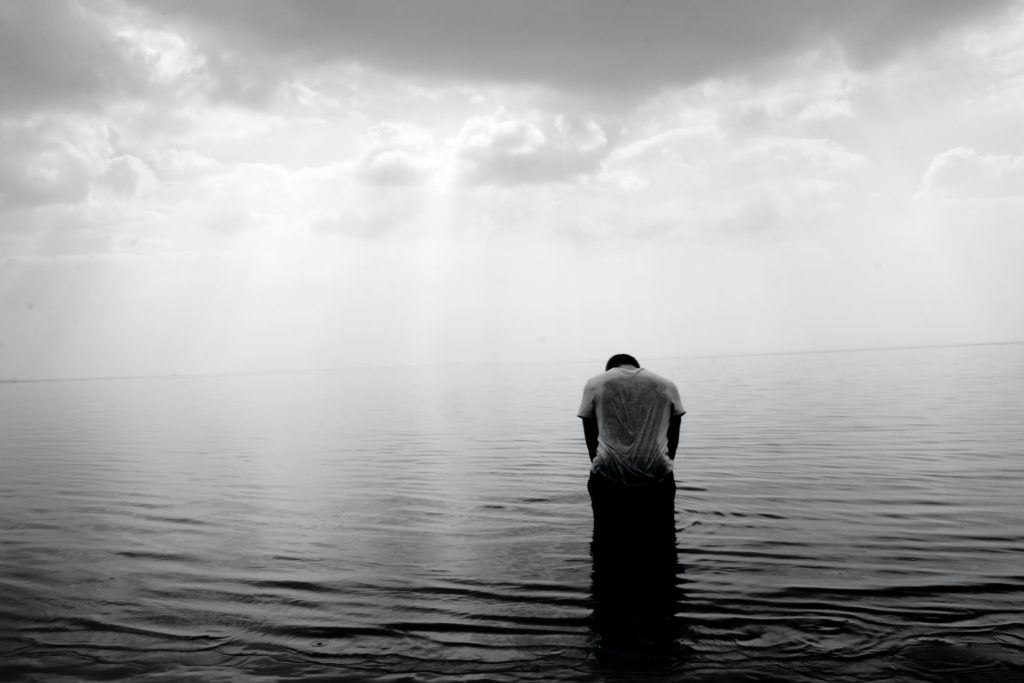We have sat this week with the weight of the grand jury’s decision of Breonna Taylor.
This current event comes amid a pandemic, polarized election, protests, and an on-going racial reckoning in America. Several people have shared the hopelessness of this season.
We have questions like – when will things change? When will we heal? When can reconciliation happen?
Often in crisis, our gut reaction places our anxiety on the present and the future. Portions of this challenging season seem new. When we forget to remember the past, we find ourselves succumbing deeper into hopelessness.
The writer of Psalm 143 laments their current circumstance. They know hopelessness in similar ways that we feel right now. Listen to Psalm 143:5-6:
I remember the days of long ago;
Psalm 143:5-6
I meditate on all your works
and consider what your hands have done.
I spread out my hands to you;
I thirst for you like a parched land.
Remembering requires us to pull off the rose-covered glasses. Not every part of our stories and histories include rainbows and sunshine. Sit long enough with any saint, and they’ll tell you of the dark nights of the soul and the valleys of the shadow of death.
The writer of Psalm 143:4-5 connects remembering to their present and future. They lift their hands in desperation for God to intervene. Healthy remembering allows us to acknowledge the grim reality of our grief and lament. It helps us hold the tension doubt and hope.
Jesus’ resurrection starts with the backdrop of betraying disciples, unjust treatment, and a horrendous death on the cross. As followers of Jesus, to remember one without the other leaves us with an incomplete gospel.
Perhaps, the writers of scripture frequently command us to remember because our forgetting leads to more anxiety, worry, despair, and despondency. At some level, we cannot process the healing we need as individuals and a society without remembering.
Look back into the 1960s in America. Our society faces protests, assassinations, and civil unrest around racism. We look back at that time, and in many ways, we have not made the progress we would have desired.
On the other hand, the 1960s led to the “Jesus Movement” or the “Jesus People Movement” (JPM) of the 1970s. In many ways, JPM had a far more significant impact than Woodstock. Oscar Merlo published an article on JPM during the early stages of the Coronavirus pandemic. In connecting our current season to today, he says this:
As we look forward into the 21st century, the JPM and the brightness of my screen reminds us that we are light in the dark places. That no matter the era or social condition, the Holy Spirit is working and uses broken people to fulfill God’s plans for restoration of the human heart. The Holy Spirit works through in epochs of disarray. The Holy Spirit wind is the one that creates the movement; it blows where it pleases, and awakens the heart of the spiritually dead.
Oscar Perlo – The Jesus People Movement: 50 Plus Years Later
Remembering surfaces reality. We can grieve and lament the fallenness of sin. We can call out to God to intervene for healing and restoration. We can also act in hope – building bridges, serving our neighbors, and becoming agents of peace.
If you feel hopeless today, no matter who you are, the gospel’s good news calls you first to remember Jesus. The brutality of the cross offers redemption in the hope of the resurrection. Look back over the history books and your life. You will discover a God at work in the darkest seasons.
When you feel hopeless…remember.
Photo by Joshua Earle on Unsplash
